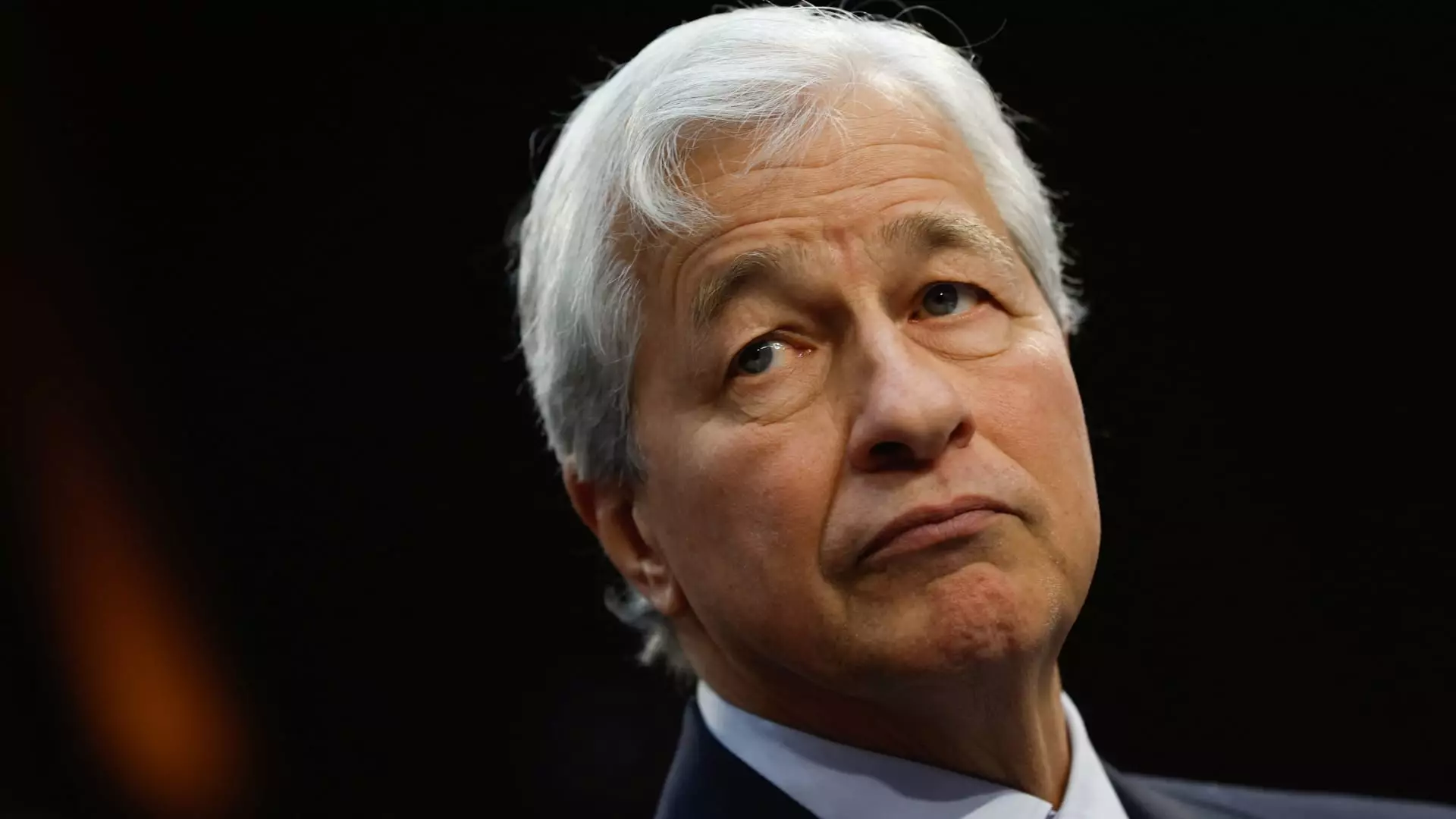Jamie Dimon, the CEO of JPMorgan Chase, has issued a stark warning regarding the deteriorating geopolitical landscape, emphasizing the inescapable implications of growing conflicts. In his recent remarks, he highlighted increasing apprehensions tied to ongoing warfare in the Middle East and the stalemate surrounding Russia’s aggression toward Ukraine, which continues to unfold with persistent ferocity and little sign of resolution. Dimon’s observations came during the bank’s third-quarter earnings call, where he voiced his concern that the conditions were not only precarious but also worsening at an alarming rate.
Dimon’s analysis bears significance due to his position within a major financial institution, where awareness of global developments is critical. He articulated a clear picture of how these geopolitical conflicts can lead to substantial human suffering, implying a ripple effect that would ultimately influence global economic stability and perhaps reshape historical narratives. This perspective shines a light on the interconnectedness of international relations and economic realities.
Highlighting an unsettling trend, Dimon noted the potential unraveling of the post-World War II international order, a system that many have relied on for stability. His concerns extend beyond mere military confrontations; they touch upon rising tensions between the United States and China, as well as fears of nuclear threats from nations like Iran and North Korea. It’s a clarion call for robust leadership from America and its allies, challenging them to navigate these complexities with strength and decisiveness.
The crux of his argument hinges on the notion that the advent of new strains on global order signals a critical inflection point for international leadership. Dimon’s assertion that this complexity dwarfs any concerns he has encountered throughout his decades-long career in finance underscores the severity he attributes to these developments.
The recent intensification of the Israel-Hamas conflict contextualizes Dimon’s fears. More than merely a military engagement, this conflict has significantly escalated since the tragic attack by Hamas on October 7, 2023, which marked a downward spiral into severe violence. Reports of extensive civilian casualties and the involvement of regional powers like Hezbollah and the Iranian military illustrate the profound gravity of this struggle.
Furthermore, amid these tensions, the Russian government’s decision to enhance its military budget indicates a sustained commitment to its agenda in Ukraine, suggesting that the conflict there is poised to continue unabated. This backdrop of warfare gives rise to concerns about global economic ramifications, particularly as nations reallocate resources toward military readiness.
Amidst this tumultuous geopolitical backdrop, Dimon has voiced apprehensions about the future economic landscape. While there are signs of economic resilience in the U.S., such as slowing inflation, critical issues linger. Structural challenges, including fiscal deficits and pressing infrastructure needs, remain unresolved. The necessity for trade restructuring and global remilitarization only compound this precarious situation.
Ultimately, Dimon’s reflections encapsulate the sense of urgency that surrounds the current geopolitical and economic climate. As the world grapples with these multilayered threats, the need for cohesive and determined leadership becomes paramount. As tensions escalate and consequences unfold, the direction taken by global leaders may very well determine the future stability of international relations and economies alike.

